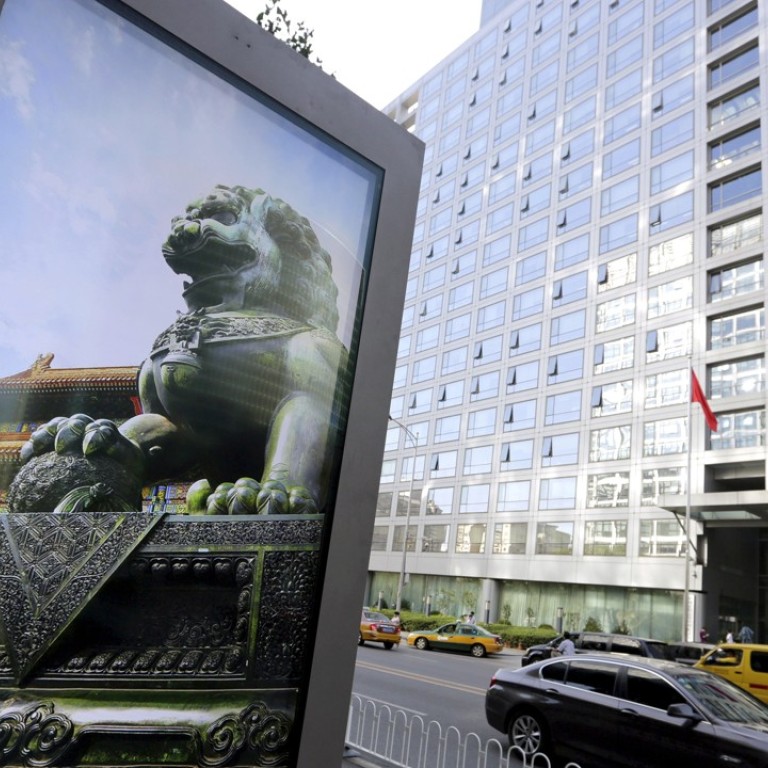
‘Rat trading’ volume hits 80 billion yuan in China
CSRC investigations have led to criminal convictions of 25 fund managers, while another 15 have been barred from the market
China’s finance regulators have uncovered 80 billion yuan (US$11.7 billion) worth of trade volume related to a common form of misconduct known as “rat trading” since 2014, as the country has strengthened supervision of fund managers operating in its US$7 trillion stock market.
The figure is equivalent to roughly 3 per cent of Hong Kong’s economic output last year.
Rat trading in China essentially refers to a form of misconduct in which traders at a financial institution build a position with their own money, and then use investors’ funds to elevate the share price. It is more commonly referred to in western markets as front-running.
Beijing has made a huge push to clean up the country’s financial market since a stock rout in the summer of 2015 wiped out US$5 trillion of market value in a few trading days.
By the end of May, the China Securities Regulatory Commission (CSRC) had carried out investigations into 99 cases of rat trading since 2014, while the related trade volume reached 80 billion yuan, a spokesperson for the regulator said on Friday at a press conference in Beijing.
The investigation has so far resulted in the criminal convictions of 25 fund managers, while another 15 have been barred from the market by the CSRC, the spokesperson said.
The Ministry of Public Security issued a statement on Friday afternoon, saying “rat trading has been taking place at a higher rate across the country in recent years”.
The ministry is working with the securities regulators to investigate a series of cases involving staff from securities companies, insurance companies, and fund houses suspected of trading using undisclosed information.
“The Shanghai and Shenzhen bourses have recruited [staff] skilled at new technologies like big data analysis, which allows regulators to single out accounts that are involved in suspicious trading by scrutinising the correlations,” said a source close to the Shanghai Stock Exchange.
“In fact, rat trading is not difficult to verify at all. It depends on basic correlation analysis of accounts, while the key is how serious the regulators are,” the source added.
In one case, the deputy director of a state-controlled mutual fund house pocketing 42 million yuan in profits using accounts under his father and father-in-law’s names to trade equities, working on inside trading information from the fund managers he overlooks, China Central Television reported on Saturday night.
The case was discovered by a big data-monitoring system developed by the Shenzhen Stock Exchange, state-owned CCTV reported.
Chinese financial magazine Caixin later identified the deputy director as Hu Tuofu, a former executive with ICBC Credit Suisse Asset Management, a joint venture between China’s biggest state-owned bank, Credit Suisse, and China Ocean Shipping (Group) Company.
The company did not confirm the information, saying Hu had resigned for personal reasons in 2015.

